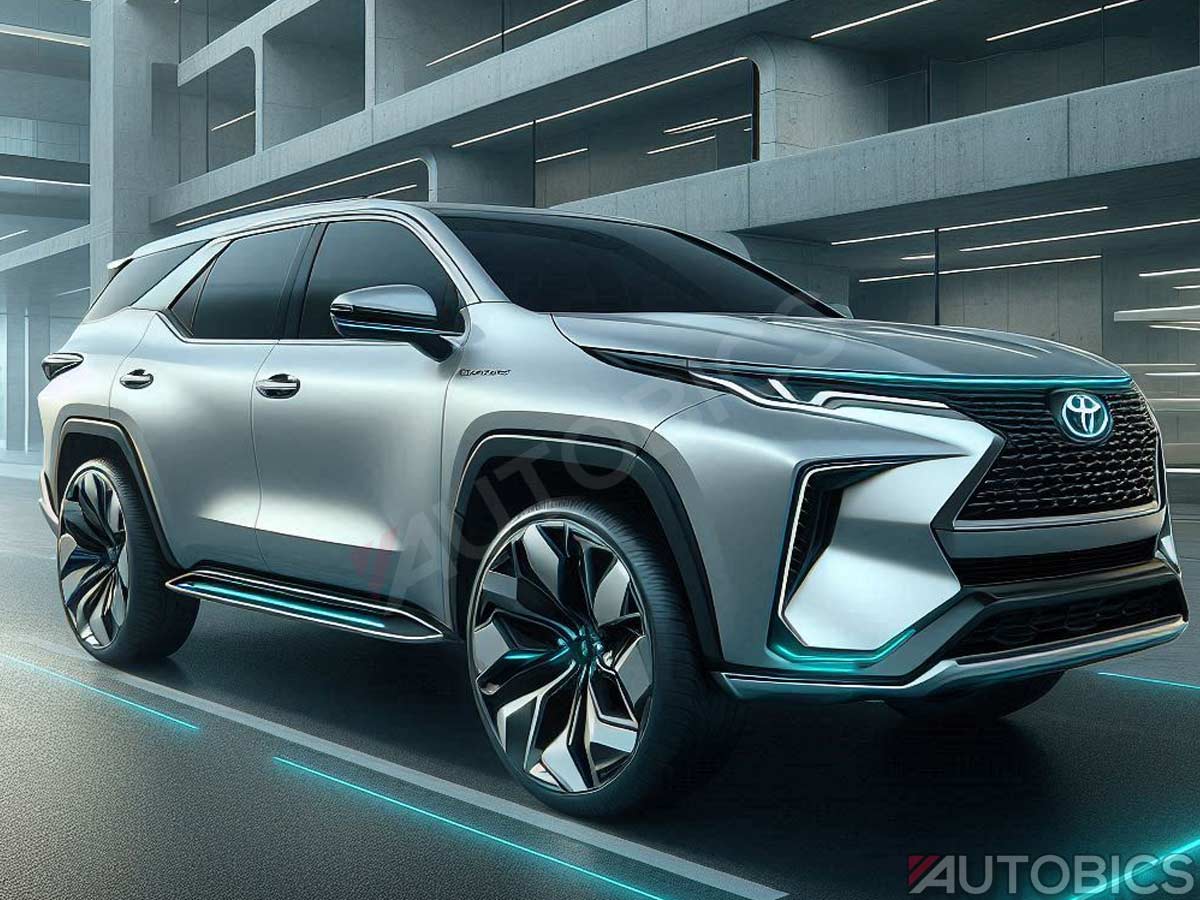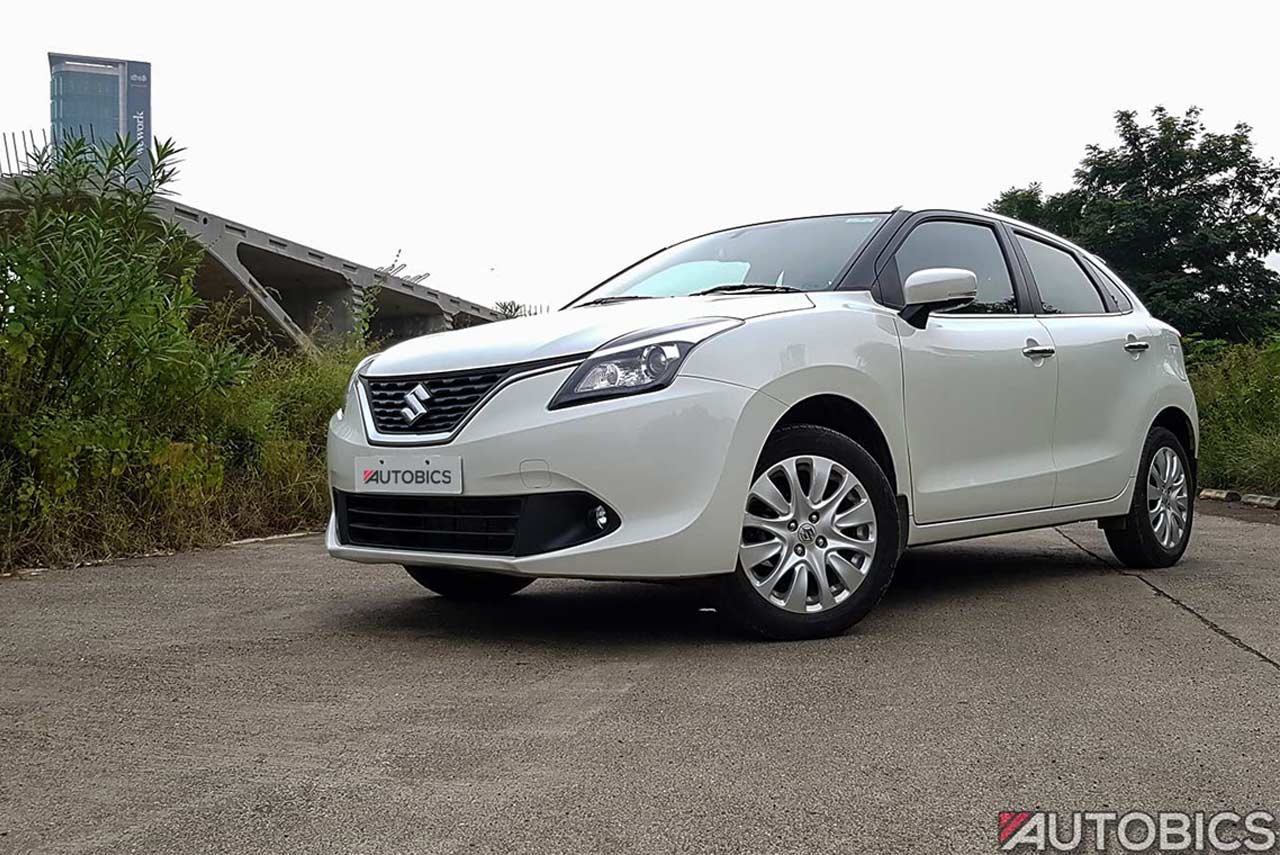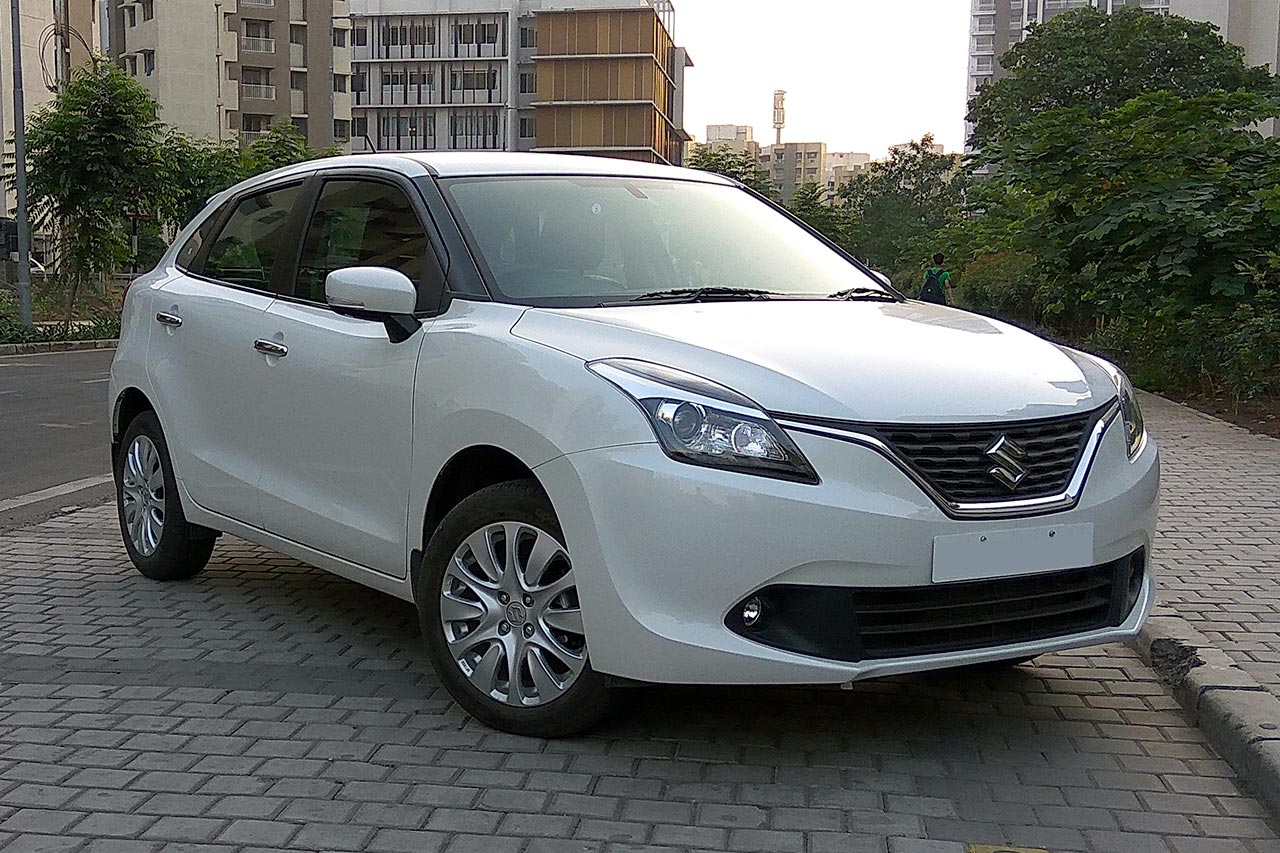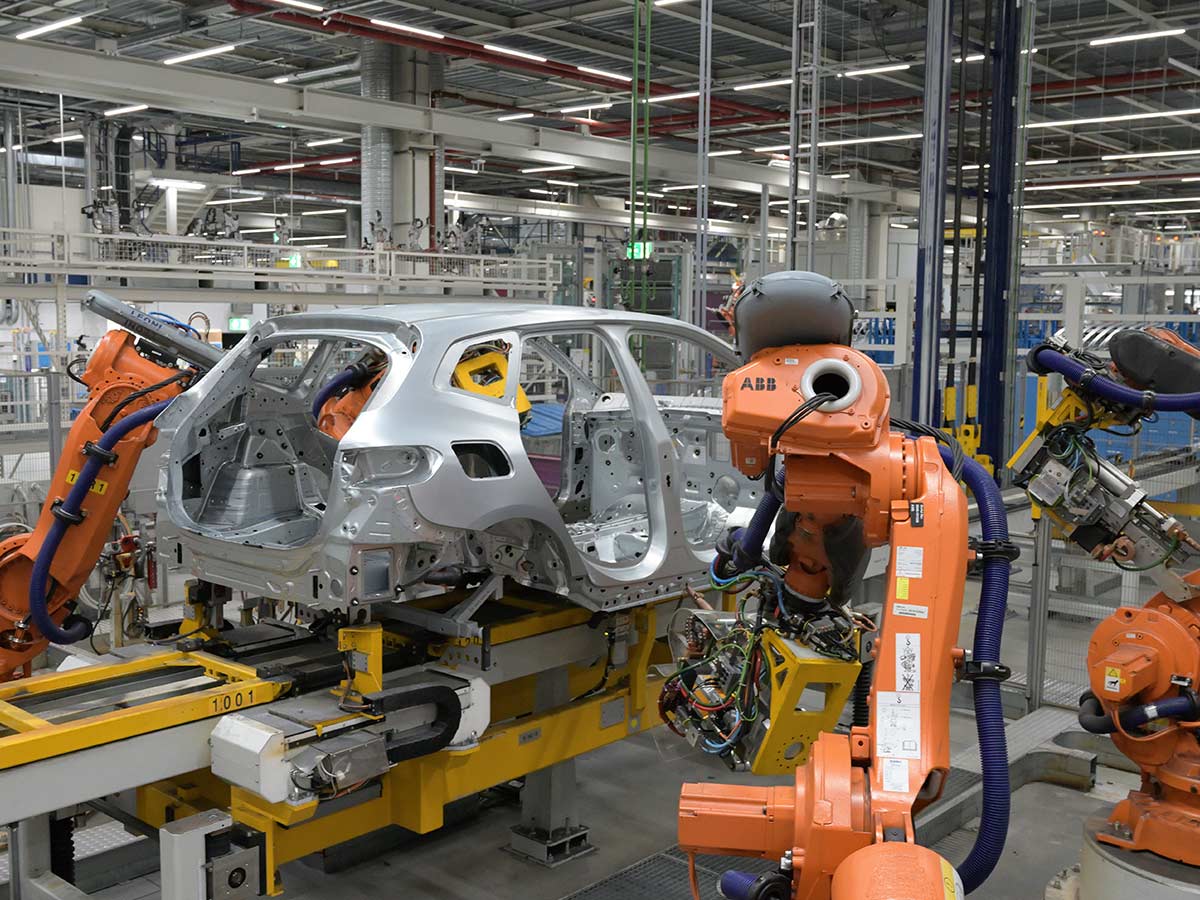Imagine a world where you can sit back, relax, and read a book during your daily commute, all while your car skillfully navigates through traffic. It may sound like science fiction, but self-driving cars are no longer confined to the realms of fantasy.
Self-driving cars, also known as autonomous vehicles can navigate and operate without human input. They are equipped with a variety of sensors, including cameras, radar, and lidar, which allow them to perceive their surroundings and make decisions about how to drive. In this informative article we will learn more about the pros and cons of self-driving cars.

Self-Driving Cars Pros or Advantages
Improved Safety
The road can be a dangerous place, where human errors can lead to catastrophic accidents. Self-driving cars, equipped with an impressive array of sensors and advanced algorithms, have the potential to rewrite the rules of safety on our streets. These vehicles make real-time decisions by processing data from their surroundings, significantly reducing the risk of accidents. They’re vigilant 24/7, never distracted, and they don’t get tired. This unwavering focus on safety could save countless lives.
According to the National Highway Traffic Safety Administration (NHTSA), 94% of traffic accidents in the United States are caused by human error. Self-driving cars could eliminate these human errors, making roads safer for everyone and this could save thousands of lives each year.
Reduced Traffic Congestion
Picture a world where traffic jams are the stuff of history books. Autonomous cars can communicate with each other and with traffic management systems, allowing for optimized traffic flow. They can seamlessly coordinate lane changes and merge onto highways, eliminating the stop-and-go driving that plagues our daily commutes. Self-driving cars can also platoon, or drive closely together in a convoy, to reduce drag and improve fuel efficiency. They could also use real-time traffic data to choose the most efficient routes. The result? Reduced congestion, shorter travel times, and fewer fuel emissions, creating a more efficient and eco-friendly future.
A study by the McKinsey Global Institute found that self-driving cars could reduce traffic congestion by up to 40%. This would save drivers billions of hours in wasted time each year and as we know, time is money.
Accessibility
The elderly, people with disabilities, and those who are unable to drive for various reasons are often left at a disadvantage when it comes to mobility. Self-driving cars offer the promise of enhanced accessibility, as they don’t discriminate. They can become a lifeline for those who have been limited by their inability to drive, granting them newfound independence and improved quality of life.
These autonomous cars could also provide transportation to people in underserved areas where public transportation is limited or non-existent. A study by the University of California, Berkeley found that self-driving cars could provide transportation to an additional 7 million people in the United States who are currently unable to drive themselves.
Environmental Benefits
In the fight against climate change, every effort counts. Autonomous vehicles can drive with precision and efficiency, consistently making choices that result in reduced fuel consumption and lower emissions. Furthermore, if fleets of autonomous electric vehicles become commonplace, they could contribute significantly to reducing greenhouse gas emissions, offering a glimmer of hope in the battle against environmental degradation.
Economic Advantages
Self-driving cars have the potential to overhaul entire industries. Delivery services, ride-sharing companies, and long-haul trucking businesses could significantly benefit from reduced labour costs, as they no longer need to employ human drivers. This economic transformation could pave the way for new opportunities and innovative business models. A study by the Boston Consulting Group found that self-driving cars could free up $1 trillion in economic productivity each year. This is because people would be able to use their travel time to work, relax, or socialize.
Self-Driving Cars Cons or Disadvantages
Technological Challenges
Developing self-driving technology is an intricate and expensive endeavour. It requires highly sophisticated sensor systems, advanced artificial intelligence, and extensive testing. Ensuring the reliability and safety of these systems is no small feat. Companies are investing heavily in research and development to address these challenges, but progress can be slow and unpredictable. Also they are very expensive to develop and produce. This cost is likely to come down over time, but it is unclear when self-driving cars will be affordable for the average consumer. Some experts believe that self-driving cars will be available to the public within the next decade, while others believe that it will take longer.
Job Displacement
While self-driving cars promise economic advantages, they also pose a serious concern – job displacement. Millions of people around the world who work as Taxi drivers, Truckers, Delivery drivers or Chauffeurs rely on driving as their livelihood. The transition to autonomous vehicles could lead to the loss of these jobs, presenting a formidable ethical and economic challenge that society must confront head-on.
Ethical Dilemmas
Imagine a scenario where a self-driving car is navigating a busy street, and a sudden and unexpected obstacle, such as a child running into the road, appears. In this critical moment, the car’s algorithms must make a decision: swerve and potentially risk harming the car’s occupants or apply the brakes and potentially collide with the child.
Here, the ethical dilemma lies in how the self-driving car prioritizes the safety of its occupants versus the safety of the pedestrian. It’s a complex situation with no easy answer, as different people may have varying opinions on whether the car should prioritize the lives inside or outside the vehicle. This highlights the pressing need for comprehensive ethical guidelines and regulations to guide the decision-making processes of autonomous vehicles.
Security Concerns
Self-driving cars are highly reliant on technology, and this makes them vulnerable to cyberattacks and hacking. Ensuring the security of autonomous vehicles is paramount to prevent potential accidents and data breaches. The need for robust cybersecurity measures is an ongoing concern in the development of these vehicles.
Legal and Liability Issues
Determining liability in accidents involving self-driving cars is a legal labyrinth. Is it the manufacturer, the software developer, the owner, or another party who is responsible? Clear legal frameworks and regulations are needed to address these concerns and provide clarity to both consumers and the automotive industry.
Conclusion
The rise of self-driving cars promises to bring about transformative changes in our transportation landscape. With the potential to enhance safety, reduce traffic congestion, improve accessibility, benefit the environment, and revolutionize the economy, the advantages are clear. Yet, the journey towards widespread adoption is marked by technological, ethical, and legal challenges that demand our attention and careful consideration. Balancing the pros and cons of self-driving cars will be a crucial aspect of this thrilling and complex venture into the future of mobility, one that has the potential to reshape the way we move and live. As we navigate this uncharted territory, let us proceed with caution and enthusiasm, embracing the opportunity to craft a transportation future that is not only efficient but also safe, inclusive, and ethical.




































